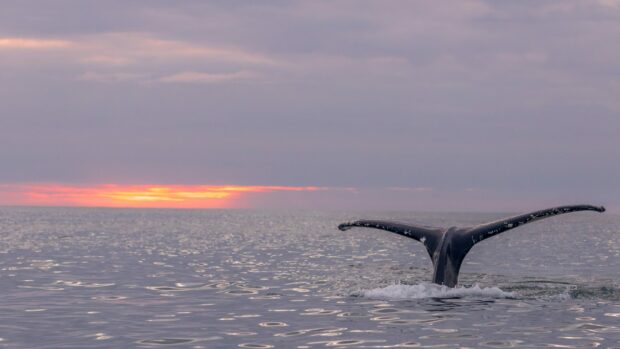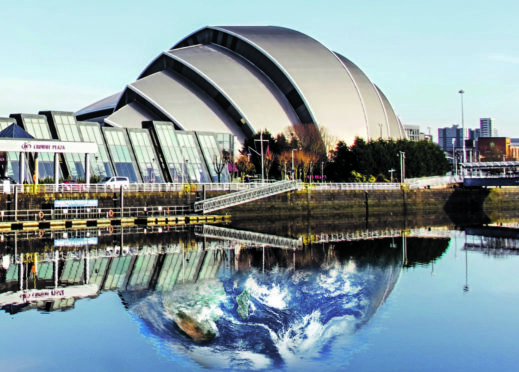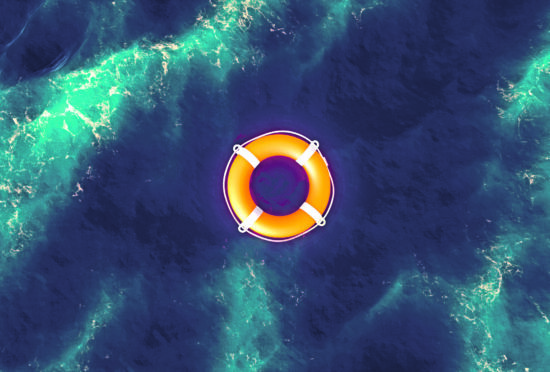
The unfairness is obvious: the poorest countries in the world are bearing the greatest burden for a climate crisis they played no part in creating.
For those countries, climate change means destroyed livelihoods, lost communities, and forced migration but their climate footprint is dwarfed by wealthier countries. The average person in the UK, for example, emits around 26 times the average person in Mozambique.
Many countries, including Scotland, built their wealth through the historic exploitation of fossil fuels and the natural resources of formerly colonised regions. Poor countries will now not be able to follow the same carbon-intensive route to development while being left in crisis with little support from the wealthiest, most-emitting regions.
The Scottish Government has committed to deliver a “just transition” domestically, encouraging the country to decarbonise and builds a climate resilient economy in a way that delivers fairness and tackles inequality and injustice. But if we are to uphold the spirit of this ambition, it would require looking beyond our borders: as a global crisis that knows no borders, the climate challenge requires a globally coordinated and cooperative approach.
A Just Transition Commission report published last week laid out how Scotland can play a role in enabling every region and nation to achieve their own just transitions, where climate, economic, health and social outcomes are maximised.
The first act of climate internationalism is to accelerate decarbonisation. Bringing down domestic emissions will help prevent the worst impacts of global warming, while investing in low-carbon and renewable research, development and technologies will aid the global dissemination of green expertise. The Scottish Government could go further by working in partnership with developing countries to help them build their own domestic industries and regional resilience.
But our decarbonisation policies must avoid triggering negative economic, climate or social elsewhere, particularly in the Global South.
For example, focusing transport decarbonisation only on increasing electric vehicle uptake will add to the severe pressures on mineral extraction. Any domestic strategy must be stress-tested to ensure objectives are not met by transferring carbon emissions, exploitation, human rights abuses or economic harm.
The Scottish Government can become a champion of a just transition, raising its voice to advance a more equitable approach to global climate diplomacy, advocating for the UK government and other rich economies to meet the real financial needs of developing countries, including debt forgiveness and restructuring for those suffering relentless waves of pandemic and climate shocks.
The ultimate ambition of climate justice is nothing short of a transformation of global governance. Critical institutions that make up the global financial system such as the International Monetary Fund, the World Bank and the World Trade Organisation have failed to deliver a more equal, prosperous and stable planet.
Their mission, policy and governance must be tuned to the needs of a climate-challenged world. The Scottish Government can stand up for a renewed multilateralism built on core principles of interdependence, resilient development, and climate justice. No country alone can ensure an international just transition but if we plan to keep our climate justice commitments, Scotland can – and must – step up.
Katie Gallogly-Swan is a policy co-ordinator at the United Nations Conference on Trade and Development

Enjoy the convenience of having The Sunday Post delivered as a digital ePaper straight to your smartphone, tablet or computer.
Subscribe for only £5.49 a month and enjoy all the benefits of the printed paper as a digital replica.
Subscribe



